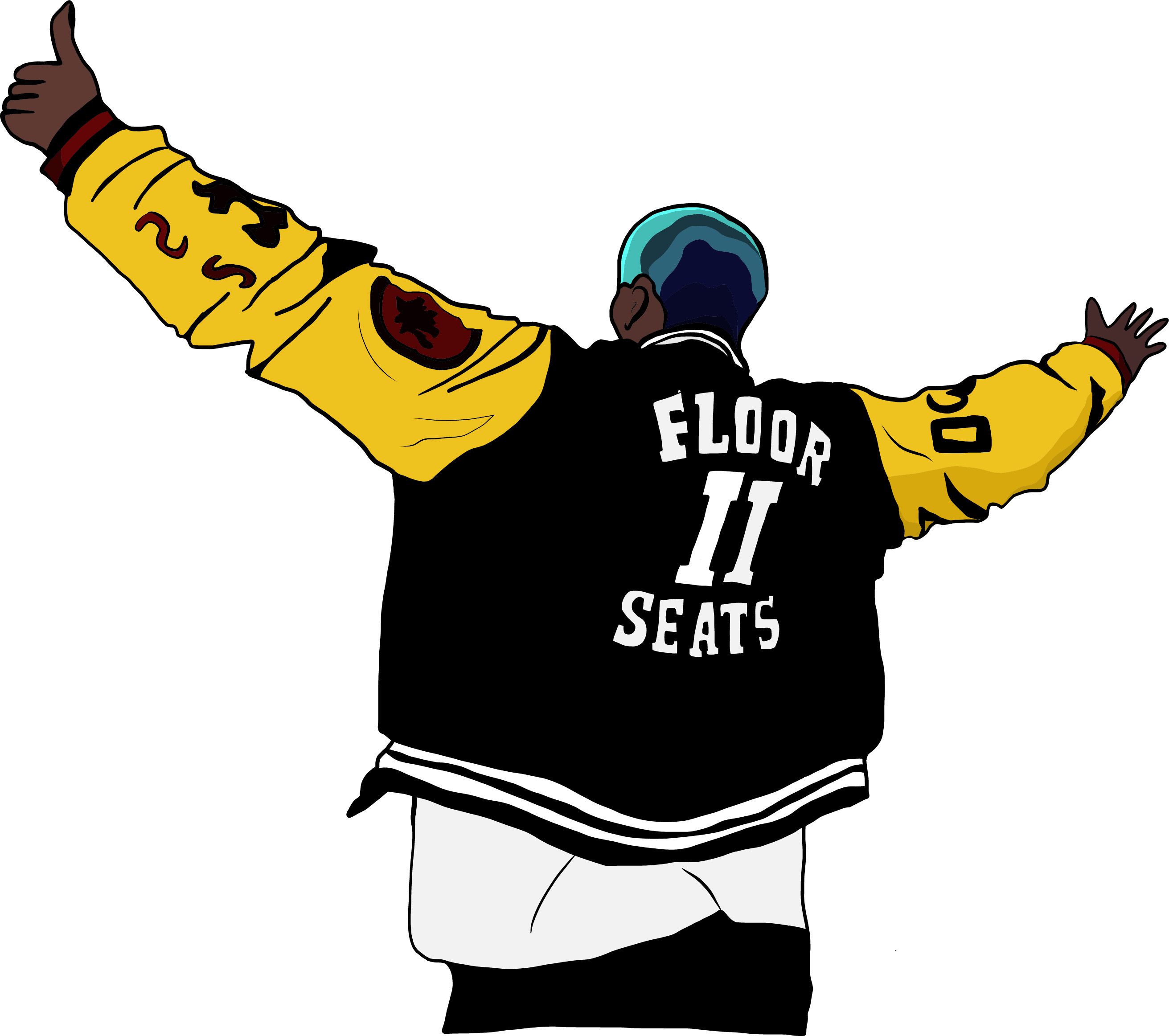A$AP Ferg proves he remembers the streets in his triumphant sequel to Floor Seats. But instead of focusing on his view from the floor of the basketball court, he focuses on his view from his house’s stoop. Floor Seats II is the response to decadence of Floor Seats: we aren’t treated to autumnal party bangers we’re used to, but it’s Ferg rapping at his best. Marilyn Manson begins Ferg’s first serious attempt to speak for the streets, and transition away from glamour.
The beauty of this album is the explicit transition of arena. While Ferg has always repped NYC, A$AP was formed in the first place because of its members’ collective appreciation for couture. So, A$AP Ferg formed his rap identity drenched in Dior at Paris Fashion Week. He had been consumed by all the trappings of the bourgeoisie. But perhaps, like Bruce Wayne, after living in luxury, he realizes money is worthless without freedom.
And like Gotham’s hero, Batman, A$AP Ferg styles himself a vigilante. The album’s closing song Hectic is a call to arms. Asking, “What ever happened to the American Dream?”, Ferg and Diddy converge on a singular answer: it is dead. They propose that opportunity is gone as “all options have been exhausted.” Echoing Malcom X they observe that, “[The White patriarchy] has left [the Black community] with nothing else to do but fight back by any means motherfucking necessary.”
Ferg’s poetry echoes Dante’s description of hell in terms of beauty, complexity, and horror. He writes timely metaphors, “we can’t breathe, no ventilation,” an image of Black suffering that weaves together imagery of George Floyd’s murder, the Holocaust and quarantine. As the album closes it seems that our rapper is running out of time. He expresses the fatigue of the Black community, as America’s legacy of oppression marches forward. Desperately he returns to the institution of religion, demanding justice in divine terms, calling for revolutionary uprising because “we are God’s children.”
In Floor Seats II, party anthems are replaced with protest anthems. The music doesn’t move you to dance, but it moves you to make a change.
Noah Tavares ‘24 (noahtavares@college.harvard.edu) likes 808s.
Illustration by Lucy Hamilton ’21.

